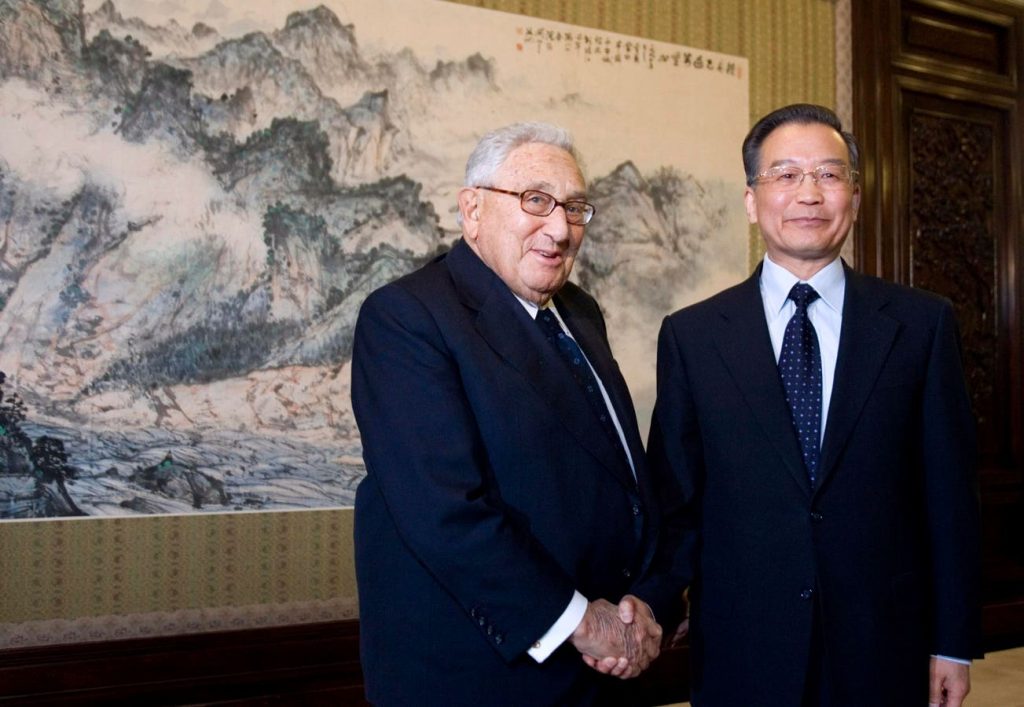I just returned to the U.S. last weekend after my first trip back to China since Covid. It was only a week, split between Shanghai and Beijing, then on to Singapore for another week, so conclusions might be a bit superficial. But from a street view, China is back in business. The cities are bustling, shops are open, restaurants are crowded, and if you don’t watch the time, you might get caught up in the kind of traffic jams that hit all major cities. In short, the Covid disruption is well in the past.
Of course, this view of the street does not take into account other disruptions, such as factory closures or loss of customer confidence. But at least on the surface, there is a lot of smart news about the Chinese economy. Possibly, the Chinese economy will only grow by 3% this year, but I suppose that means Beijing and Shanghai will grow by up to 5%, which is not a bad figure.
Still, there’s a background behind those economic numbers. Why is there ill will between the United States and China?There is probably more than one reason, but let me address a central component of the problem: the other approaches to foreign relations. I developed this point in a lecture at the Lee Kuan Yew School of Public Policy at the National University of Singapore. Simply put, the two nations have very different approaches to national security, stemming from other ancient experiences.
The hard lesson of Chinese history is that security is improved by being more powerful than its neighbors. When China was not more powerful, it was a subordinate force and risked victimization. There is not much history of China achieving stability through a balance of forces. There is also not much history of China and its neighbors treating each other as equals, nor of establishing a relationship based on acceptance as truth and mutual benefit. Throughout China’s history, the foreign formula has not guaranteed security; only hard force did it. A security formula based on inclusion and compromise has never existed in Asia, although, as Professor Tommy Koh points out, there have been subunits, such as ASEAN, where that technique has worked quite well. Unsurprisingly, China has learned the lessons of its history. Hard force works.
This contrasts with American history, in which foreign control has decided our security. The United States has only been concerned with foreign leadership for about 80 years and the main technique has been building a coalition opposed to global threats. , the two great successes of American leadership were World War II and the Cold War. Yes, hard force has also produced effects in both cases, but thanks to a foreign coalition.
These are two schools of foreign behavior: is stability sought through supremacy or through a formula that provides each country with benefits and incentives to maintain stability?In game theory, we would describe this formula-based technique as a sum N. Any country can register and derive benefits from it, and such participation does not weaken the position of any other country. You’re safe because your neighbor is too. In contrast, we would describe the supremacy strategy as a zero-sum strategy. . As you obtain your security via accumulation, you will necessarily weaken someone else’s security.
The different approach in China is reinforced by regional asymmetry. The western powers for much of modern history were roughly the same size in terms of their economy and population. Not so for China and its neighbors. So France and Britain realized they needed to find a way to coexist. Not so self-evident when there is a considerable difference in size. China does not need to coexist with anyone in its neighborhood, at least in the ways that the European powers needed.
We can sum up several thousand years of Chinese international relations with two simple statements. The first is that China has never said to an approaching power, “We are glad you are here.” The second is that neighbors of China have rarely said to an approaching China, “We are glad you are here.” The same history that makes China disenchanted about approaching powers might also make neighbors disenchanted about an approaching China.
China is returning to normal social and business life after Covid, which is nice to see. Will China be able to calibrate its actions to protect its national interest, even as other nations seek to protect their interests, is history in the making.

